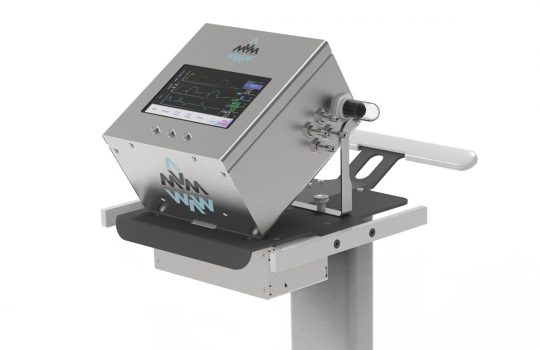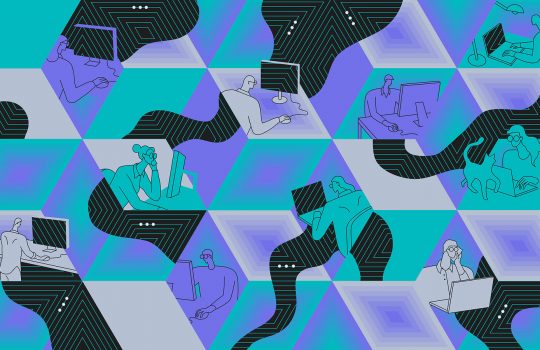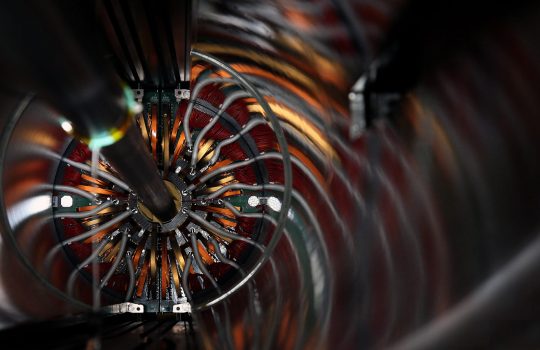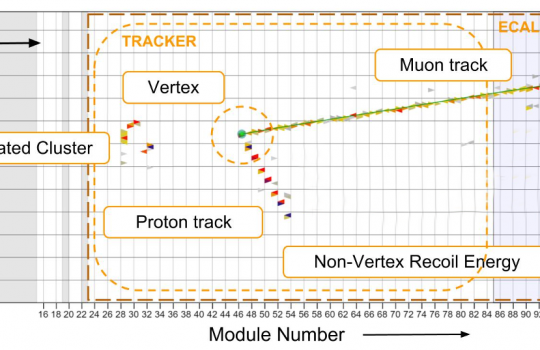Four years of calculations lead to new insights into muon anomaly
From Argonne National Laboratory, May 5, 2020: Using Argonne’s supercomputer Mira, researchers have come up with newly precise calculations aimed at understanding a key gap between physics theory and measurements by the Muon g-2 experiment





